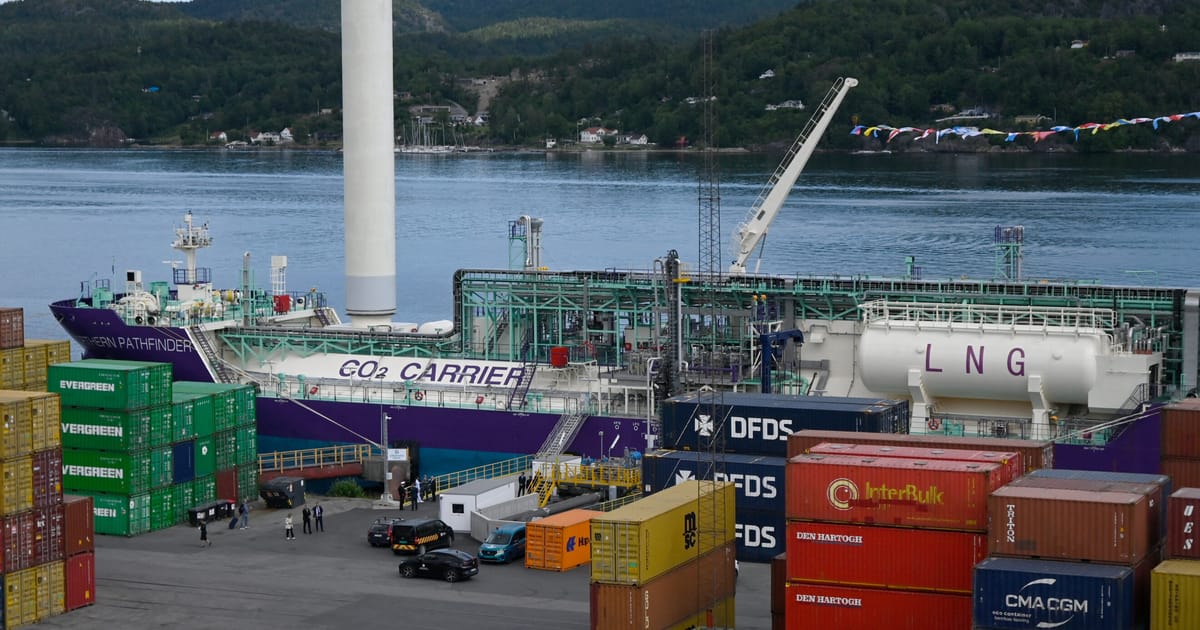

In recent weeks, two European nations, Norway and Portugal, have found themselves at the center of significant yet distinct challenges. Each country is working diligently within its unique circumstances, focusing on effective measures to maintain order and safety while fostering a cooperative approach to resolve pressing issues.
In Norway, a diplomatic tension has arisen with Russia over regulations surrounding fishing vessels. The Norwegian authorities, affirming their jurisdiction over the rules governing access to their ports, have navigated this geopolitical situation with calm steadfastness. Norway’s stance is clear: the rules for their ports are determined by domestic authorities, ensuring that their sovereign rights are respected while balancing international relations. In response to this situation, Moscow has called upon a Norwegian diplomat to discuss its concerns. Despite the tension, both nations are expected to seek a resolution through dialogue, underscoring a commitment to preserving diplomatic channels and promoting mutual understanding.
Parallelly, the serene landscapes of Portugal are currently marred by a series of forest fires. Mobilizing nearly 2,000 firefighters, Portugal has declared a state of maximum alert to safeguard its inhabitants and the imperiled environment. The most vigorous blaze is reported near Arouca, located centrally, challenging fire brigades and volunteers alike to bring it under control. Facing these natural disasters, Portugal demonstrates resilience and dedication to minimizing impact, employing strategic measures and the resources at its disposal. As flames are fought on the ground, air support operations play a crucial role in containing the fires, illustrating the comprehensive nature of the firefighting efforts.
Both situations highlight the importance of collaboration and resilience. Norway, through diplomatic engagement, aims to maintain international alliances and economic stability. This careful balancing act amid geopolitical tensions showcases the importance of diplomacy and adherence to international norms. Norway’s steadfast response reflects a broader understanding of how nations can successfully navigate complex international waters, emphasizing diplomacy over conflict wherever possible. Even as differences in policy and approach arise, maintaining an ongoing dialogue is essential to ensuring future cooperation and mutual respect.
In Portugal, the collaborative effort in tackling the wildfires emphasizes unity and shared purpose. The involvement of various agencies and community volunteers exemplifies a collective spirit to protect and preserve. This endeavor highlights the nation’s capacity to respond to emergencies with determination and coordinated action, even under the harsh circumstances posed by nature. As Portugal braces against these blazing challenges, its population’s resolve and cohesiveness provide a powerful testament to the country’s ability to unite under pressure.
Both Norway and Portugal’s present circumstances serve as reminders of the diverse challenges that nations can encounter. Each situation, while unique, benefits from a calm, comprehensive approach where dialogue, cooperation, and teamwork become essential tools in resolving complexities. As these countries continue to engage thoughtfully with their respective challenges, they provide a roadmap for addressing friction, whether it be through diplomatic channels or local mobilization efforts in the face of natural adversities.
The paths Norway and Portugal take illustrate the profound impacts of diplomacy and community action, reflecting broader lessons in international relations and emergency response strategies. Their respective, calm responses embody a harmonious blend of national sovereignty and international cooperation, emphasizing the potential for positive outcomes amidst challenging scenarios.
Source: {link}
